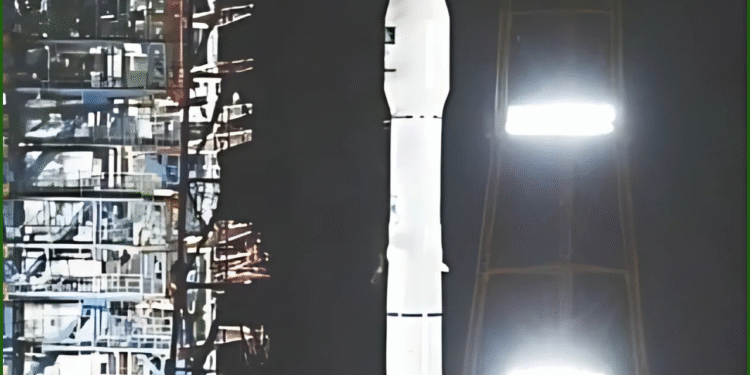KARACHI, May 4, 2025 — Pakistan is on the cusp of a digital revolution as satellite internet services prepare to launch, promising to reshape the nation’s technological and economic landscape. Industry leaders and stakeholders are optimistic about the potential for high-speed connectivity to drive innovation, attract investment, and foster economic growth in the world’s fifth most populous country.
The introduction of satellite internet is expected to create a robust digital ecosystem, enabling businesses to thrive and accelerating Pakistan’s journey toward a fully digitized economy. Experts predict that this development will draw significant investments from both domestic and international players, particularly in the information technology (IT) sector and related industries.
“This is a game-changer for Pakistan’s IT industry,” said Ayesha Khan, a prominent IT entrepreneur and member of the Pakistan Software Houses Association (P@SHA). “High-speed satellite internet will make it possible for tech businesses to expand into smaller cities and towns, where operational costs are lower. This will not only strengthen the IT sector but also position Pakistan as a competitive player in the global tech market.”
Khan emphasized that the availability of reliable internet will encourage entrepreneurs to establish software development firms and tech startups in regions beyond major urban centers like Karachi and Lahore. This decentralization of the IT industry could lead to a surge in job creation, particularly for the country’s youth, and boost export revenues through affordable, high-quality tech services.
Beyond IT, satellite internet is poised to transform a wide range of industries, from manufacturing to small-scale enterprises. “The connectivity provided by satellite internet will enable businesses to operate efficiently in remote areas, opening up new markets and opportunities,” said Bilal Ahmed, a business analyst based in Islamabad. He noted that industries such as e-commerce, logistics, and agriculture could leverage this technology to streamline operations and reach international customers.
The potential for satellite internet to support financial inclusion and economic digitization is another key focus for stakeholders. Sarah Malik, a fintech expert and advisor to the Pakistan Fintech Association, highlighted the role of satellite internet in expanding access to digital banking and e-commerce in underserved areas. “With high-speed internet, rural entrepreneurs can tap into global marketplaces, selling locally crafted goods under their own brands,” she said. “This could significantly boost Pakistan’s export potential and empower small businesses.”
Reports indicate that several global and local satellite internet providers are eyeing Pakistan as a key market, with industry giants like Starlink leading the charge. These operators are expected to invest heavily in infrastructure, creating jobs and generating substantial foreign exchange inflows for the country. However, the cost of satellite internet services may pose a challenge for widespread adoption among residential users. Industry estimates suggest that a basic monthly package could cost around PKR 35,000, with initial installation fees starting at PKR 110,000. While this may limit residential use, businesses across various sectors are likely to find the service cost-effective.
The impact of satellite internet on Pakistan’s freelancing and remote work culture is also generating excitement. “Satellite internet will empower freelancers in rural areas to compete on global platforms without needing to relocate to big cities,” said Zainab Raza, Chairperson of the Pakistan Freelancers Association (PAFLA). She envisions the rise of co-working spaces and digital hubs in smaller towns, powered by satellite internet and solar energy. These facilities could provide affordable workspaces for freelancers, content creators, and remote workers, fostering a vibrant gig economy.
Raza also predicted the emergence of creative studios for podcasters, YouTubers, and digital marketers in urban and tourist-centric cities. “These initiatives will not only create jobs but also bring in valuable foreign currency through freelance earnings,” she added.
To maximize the benefits of satellite internet, industry leaders are calling for a transparent and supportive policy framework from the government. “A clear policy will ensure that satellite operators, businesses, and consumers can operate in a conducive environment,” said Malik. She also advocated for the development of secure data centers in smaller cities to store sensitive information and support regional businesses.
As Pakistan prepares for this digital leap, the arrival of satellite internet services marks a pivotal moment in the country’s development. With the right policies and investments, this technology could unlock unprecedented opportunities, positioning Pakistan as a dynamic player in the global digital economy.

















































